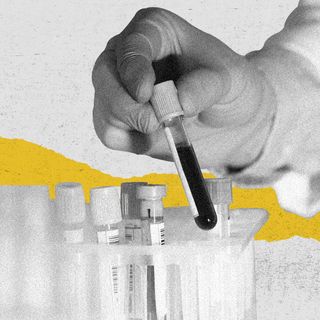The Covid-19 pandemic has led to a significant increase in demand for protective masks, especially for vulnerable healthcare workers fighting the coronavirus. In an attempt to tackle this demand, scientist created a re-usable N-95 mask prototype, which has the added benefits of aiding sustainable mask production and disposal. The findings from this research were published in BMJ Open.
This mask prototype is an attempt to create another way to fulfill the urgent, constant need for protection gear. Normal N-95 masks are tight-fitting and made of polypropylene, which filters out the virus particles. The new prototype is made of silicone rubber, with pockets for up to two disposable polypropylene filters. This helps reduce the amount of waste generated from both manufacturing and disposing off protection gear. As of now, the research team behind this mask is working on a second prototype based on healthcare workers’ feedback, in order to support scaled-up production
To test wearability, researchers had 20 hospital workers try out the mask for fit (as recommended by the Occupational Safety and Health Administration (OSHA) for N-95 masks), comfort, ease of filter replacement, and ease of breathing — and all 20 participants passed the test. Plus, the mask did not show any signs of wear and tear through various sterilization processes.
Related on The Swaddle:
Men Find Wearing Masks ‘Shameful, Not Cool and a Sign of Weakness’: U.S. Survey
Using masks is strongly recommended, especially for people working in close contact with those who have Covid-19, as they help filter out coronavirus particles and reduce chances of infection. However, due to the sudden nature of the pandemic and rising infection rates, there aren’t enough N-95 masks for healthcare workers around the world. In order to remedy this, scientists previously attempted ultraviolet germicidal irradiation (UVGI) kill residual virus on the mask, but only few studies have properly explored the process as of now. This mask prototype is another attempt to create an easier means to ensure protection gear for all.
Plus, a significant amount of N-95 masks are non-degradable, and disposed off into the oceans, where plastic pollution poses a rising danger to marine animals and ecosystems. As climate change worsens, it is necessary to count sustainability and waste production into the creation of protective gear.




